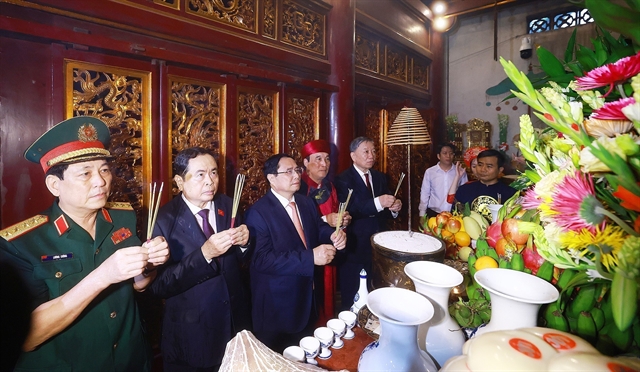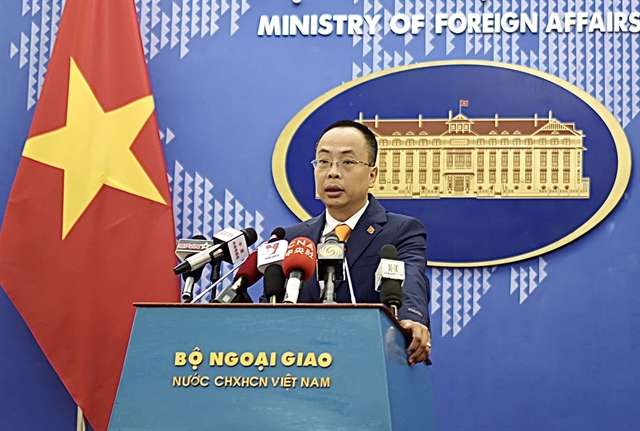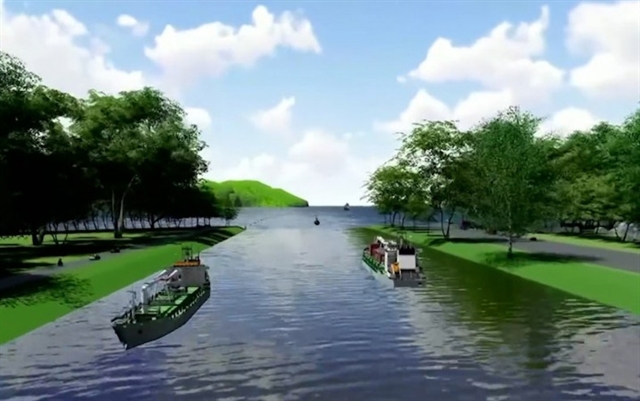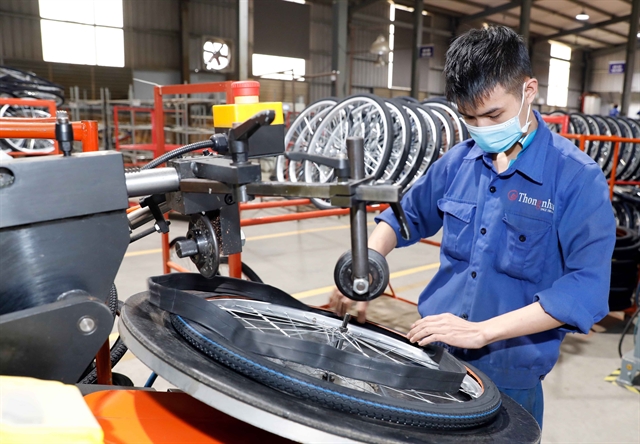 Economy
Economy

Industrial land in Việt Nam has continued expanding since the beginning of this year, despite uncertainty over the future of the Trans-Pacific Partnership (TPP) after the withdrawal of US support for the deal.
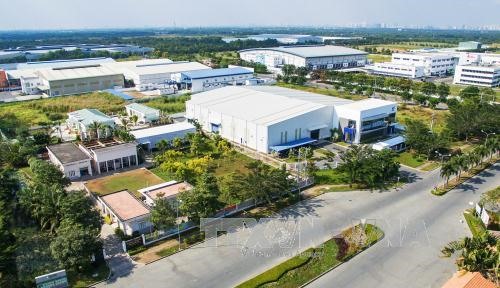 |
| Long Hậu Industrial Zone in southern Long An Province. - VNA Photo Bùi Như Trường Giang |
HÀ NỘI – Industrial land in Việt Nam has continued expanding since the beginning of this year, despite uncertainty over the future of the Trans-Pacific Partnership (TPP) after the withdrawal of US support for the deal.
According to property service firm Cushman & Wakefield Vietnam, more than 4,700 hectares of industrial land has been developed since the beginning of 2017, up by 7 per cent over the same period last year.
Alex Crane, director of the property service firm, was quoted by Đầu Tư (Investment) newspaper as saying that Việt Nam remained an attractive destination for investment. “With or without TPP, the industrial property segment will still be on an uptrend,” he said.
Crane cited statistics, noting that Việt Nam attracted record foreign direct investment (FDI), at US$7.7 billion in the first quarter of this year, nearly 85 per cent of which was poured into production.
Coupled with a significant number of new firms and improved business confidence, this would have a positive impact on the industrial land market, he said.
He noted that Việt Nam had four other free trade agreements (FTAs) under negotiation, which are expected to boost the investment flow into Việt Nam, and the industrial property segment would certainly see benefits resulting from this.
However, administrative reforms must be hastened in order to facilitate investment, together with improving the infrastructure system for industrial zones.
According to Nguyễn Thanh Hà, chairman of SbLaw, developers should build industrial zones with proper infrastructure systems and lease them at reasonable prices, while the Government should pay attention to developing the parts-supplying industry and improving transport connectivity.
As of the end of 2016, there were 324 industrial zones throughout the country with total land area of 91,800 hectares, as well as 16 economic zones and two high-tech zones. - VNS



